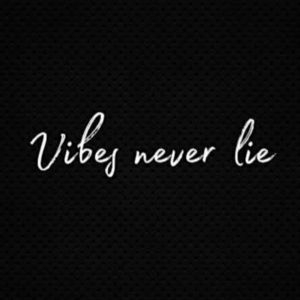Question 1 :
The period intervening between the date on which a bill is drawn and the date on which it becomes due for payment is called
Question 2 :
The true discount on a bill due $9$ months hence at $16$% per annum is $Rs. 189$. The amount of the bill is:
Question 3 :
State whether the following statement is True or False.<br>Noting charges are payable to the Notary public, in case of honour of a bill.
Question 4 :
<p>On 1st Jan, 2017 X sold goods to Y for Rs 10,000 on credit basis. On the same date X drew a bill for Rs 10,000 on Y at two months. Y accepted the bill and returned it to X. On the due date Y could not honor acceptance. What is the journal for recording the dishonor of a bill?</p>
Question 5 :
______ bears the expenses of noting charges on dishonourment of a bill of exchange.
Question 6 :
If tenure of bill is 90days ,accepted on 23rd Dec 1991 its due date will be _____________.<br/>
Question 7 :
In arriving at our adjusted cash balance, which of the following is not taken into account?
Question 8 :
Trade discount allowed on the Sales, if appearing in the trial balance, is shown in the final accounts_____________________.
Question 9 :
Which of the following statements is correct in relation to a trial balance?
Question 10 :
Which of the following errors will not affect the agreement of trial balance?
Question 11 :
Errors of carry forward from one year to another year affect _____________.
Question 13 :
Errors of carry forward from one year to another year affects ____________.
Question 14 :
Sale of office furniture was recorded in sales account. On rectification of this mistake which account will be credited?
Question 17 :
Sales book was overcast by Rs$20,000$. If this error located after preparation of trial then which of the following rectification entry is correct?



















